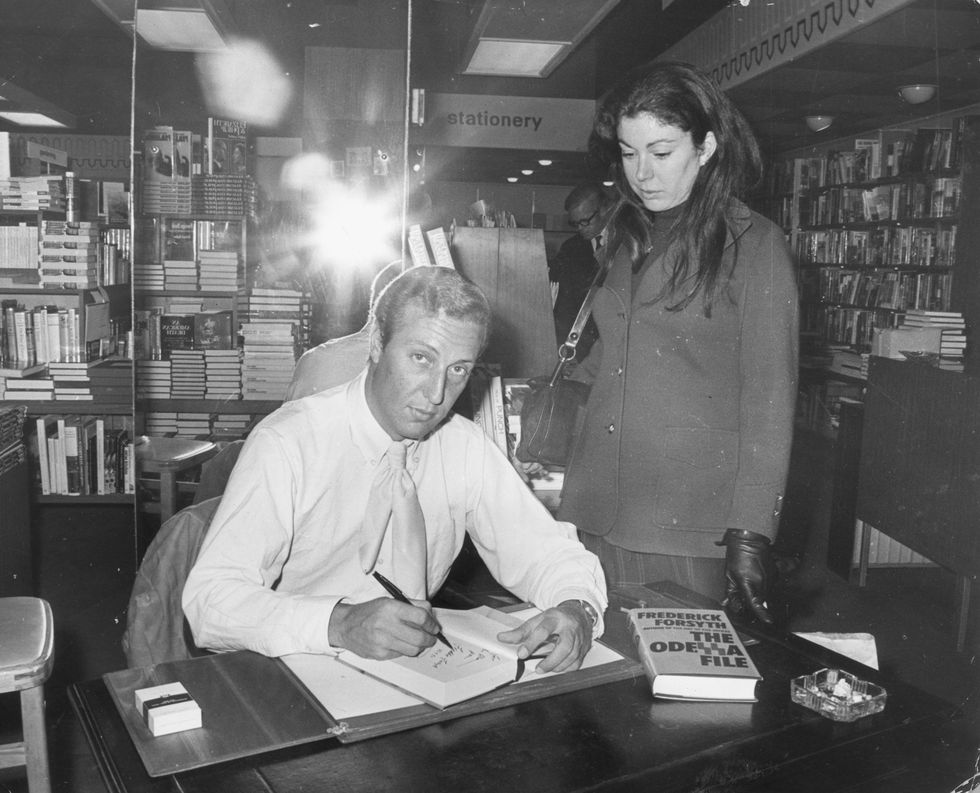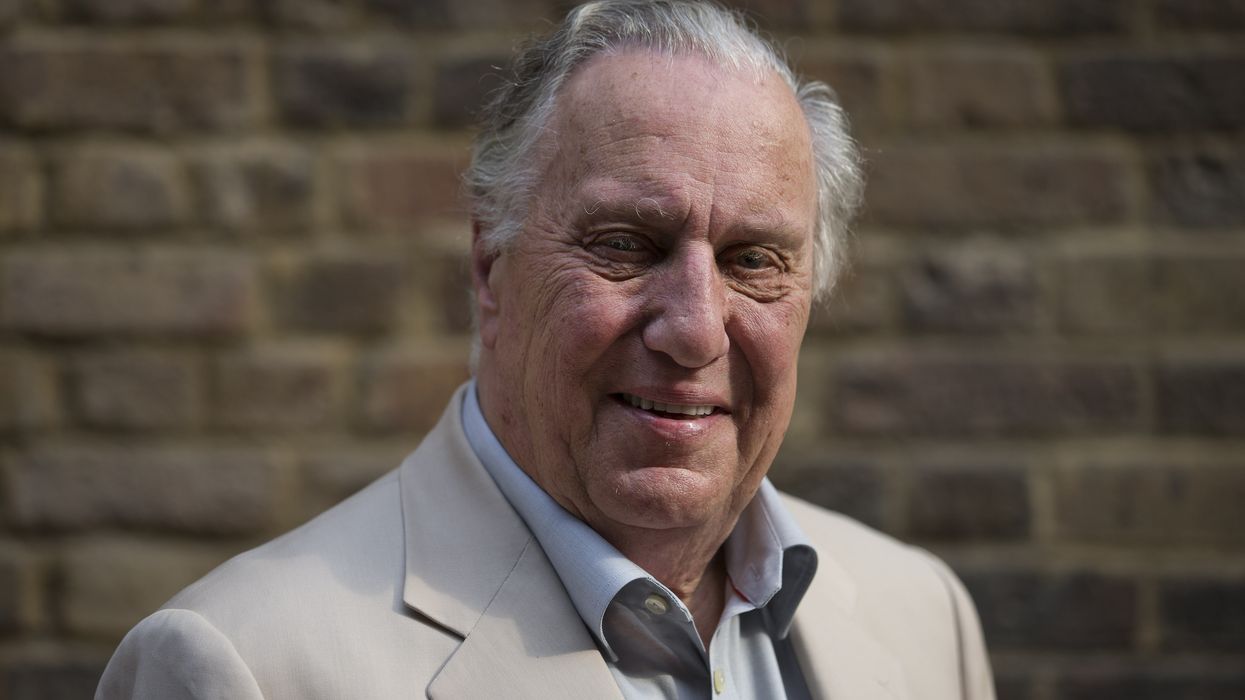Frederick Forsyth, the internationally renowned author of The Day of the Jackal, has passed away at the age of 86. His agent, Jonathan Lloyd, confirmed the news, describing Forsyth as one of the world’s greatest thriller writers.
With a career spanning more than five decades, Forsyth penned over 25 books, selling 75 million copies worldwide. His work, including The Odessa File and The Dogs of War, set the standard for espionage and political thrillers. Bill Scott-Kerr, his publisher, praised Forsyth’s influence, stating that his novels continue to define the genre and inspire modern writers.
From fighter pilot to novelist
Born in Kent in 1938, Forsyth lived a life as thrilling as his novels. He joined the Royal Air Force (RAF) at 18, becoming one of the youngest pilots in the service. However, his passion for writing led him into journalism, where he worked as a foreign correspondent for Reuters and the BBC.
Forsyth’s reporting took him to politically volatile regions, including Biafra during the Nigerian Civil War. His experiences there deeply affected him, shaping the narratives of many of his future works. In 2015, he revealed that he had worked with British intelligence agency MI6 for over 20 years, drawing on his real-life encounters with espionage for his novels.
The birth of The Day of the Jackal
Forsyth’s literary breakthrough came in 1971 when he published The Day of the Jackal. At the time, he was struggling financially and decided to write a novel as a way out of his difficulties.
“I was skint, in debt, no flat, no car, no nothing, and I just thought, ‘How do I get myself out of this hole?’” Forsyth later recalled. “And I came up with probably the zaniest solution – write a novel.”
Set in 1963, the book tells the gripping story of an English assassin hired to kill French President Charles de Gaulle. It quickly became a bestseller and was adapted into a film in 1973, starring Edward Fox. The novel’s impact continued decades later, with a TV adaptation starring Eddie Redmayne released in 2024.
An enduring literary legacy
Forsyth’s ability to blend real-world political intrigue with compelling fiction cemented his reputation. His follow-up novel, The Odessa File (1972), explored Nazi war criminals and was later adapted into a film starring Jon Voight.
Other major works include The Fourth Protocol (1984), which became a successful film starring Michael Caine and Pierce Brosnan, and The Dogs of War (1974), inspired by mercenary conflicts in Africa.
His latest novel, Revenge of Odessa, co-written with Tony Kent, is set to be published this August.
Tributes from colleagues and admirers
Following Forsyth’s death, tributes poured in from fellow authors, entertainers, and public figures.
Jonathan Lloyd reflected on Forsyth’s extraordinary life, recalling how they had recently watched a documentary on his career, In My Own Words, set to air later this year on BBC One.
Bill Scott-Kerr described working with Forsyth as one of the highlights of his career, praising his professionalism and meticulous approach to storytelling. Forsyth’s background in journalism, he noted, gave his novels a sharp sense of realism and ensured they remained contemporary and engaging.

Singer Elaine Paige, a personal friend, expressed her sadness, calling Forsyth’s knowledge of world affairs unparalleled. Andrew Lloyd Webber, who collaborated with Forsyth on Love Never Dies, the sequel to Phantom of the Opera, thanked him for his ability to craft stories that will endure for generations.
Conservative MP Sir David Davis, who considered Forsyth a close friend, described him as a man of honour, patriotism, and courage, as well as an outspoken defender of the armed forces.
Recognition and personal life
Forsyth was awarded a CBE for services to literature in 1997, honouring his immense contribution to British storytelling.
He was married twice and had two sons with his first wife, Carole Cunningham. His second wife, Sandy Molloy, passed away in October 2024, just months before his death.
Passing marks
Frederick Forsyth’s influence on thriller writing is undeniable. From his groundbreaking debut with The Day of the Jackal to his final works, he leaves behind a literary legacy that will continue to captivate readers for years to come. His ability to merge real-world intrigue with gripping narratives made his books essential reading for fans of espionage fiction.
Forsyth’s passing marks the end of an era, but his stories will live on, shaping the genre and inspiring new generations of thriller writers.





